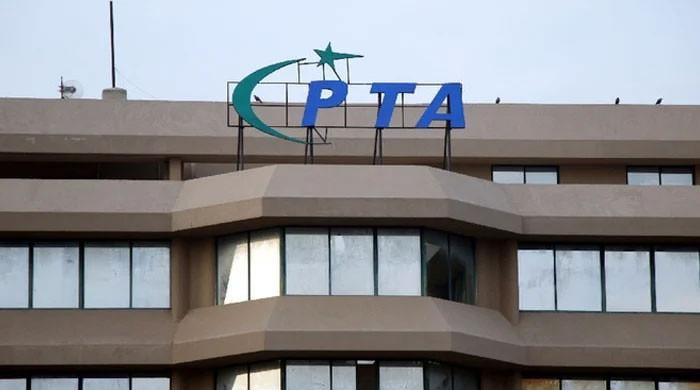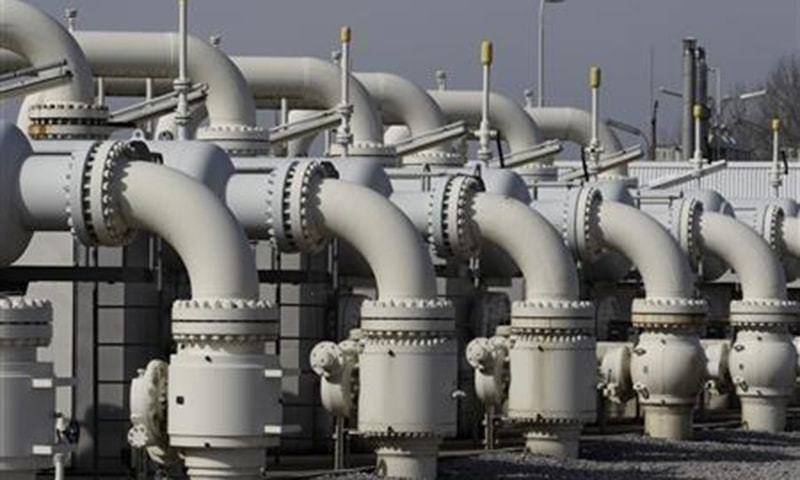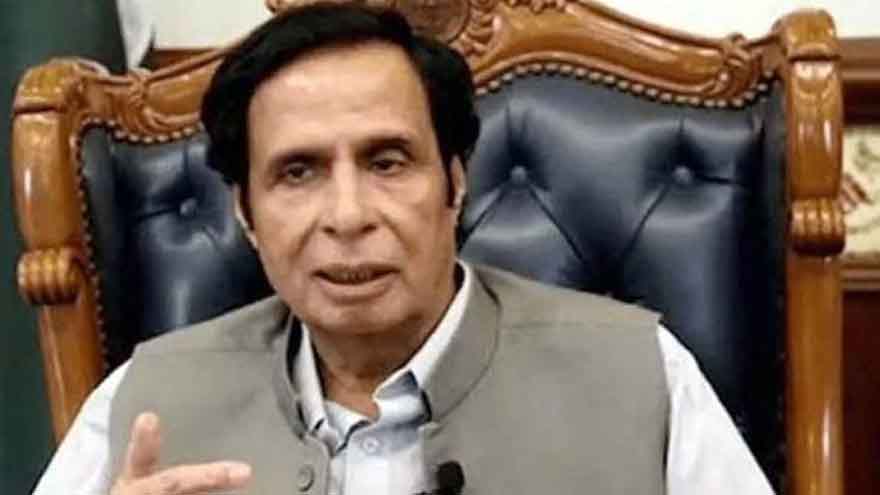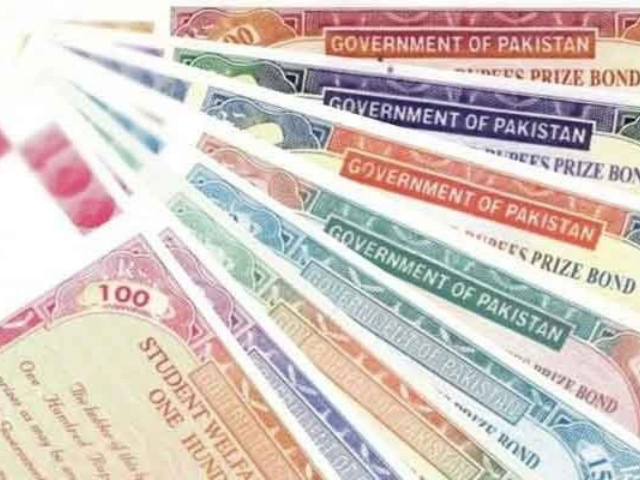The Pakistan Telecommunication Authority (PTA) has warned social media users that illegal, hateful, defamatory or…
Category: 1. Pakistan
-

Social media users urged to remove ‘illegal, hateful’ content immediately
A view of the Pakistan Telecommunication Authority (PTA) building in Islamabad. — AFP/File -
Aseefa highlights strong potential for enhanced cooperation b/w Pakistan, Bahrain – RADIO PAKISTAN
- Aseefa highlights strong potential for enhanced cooperation b/w Pakistan, Bahrain RADIO PAKISTAN
- In meeting with Bahrain’s king, President Zardari reaffirms commitment to deepening trade, defence ties Dawn
- President to visit Bahrain from Jan…
Continue Reading
-

Former CM Parvez Elahi indicted in Gujrat corruption case
An accountability court in Lahore has indicted former Punjab Chief Minister Parvez Elahi and others in a corruption case related to development projects in Gujrat.
During Thursday’s hearing, Elahi and the other accused pleaded not guilty to…
Continue Reading
-

SNGPL flooded with gas connection requests
Sui Northern Gas Pipelines Limited (SNGPL) has been inundated with applications for new gas connections following the federal government’s decision to lift the years-long ban on domestic gas connections.
According to SNGPL officials, the…
Continue Reading
-

Accountability court indicts former CM Parvez Elahi in corruption case
LAHORE (Dunya News) – An accountability court has indicted former chief minister Parvez Elahi and others while hearing a corruption case.
The hearing of an alleged corruption case related to development projects…
Continue Reading
-

Accountability court indicts former CM Parvez Elahi in corruption case
LAHORE (Dunya News) – An accountability court has indicted former chief minister Parvez Elahi and others while hearing a corruption case.
The hearing of an alleged corruption case related to development projects…
Continue Reading
-

SNGPL receives record applications for new gas connections
LAHORE: As soon as the federal government lifted ban on new gas connections, Sui Northern Gas Company (SNGPL) was inundated with applications for new connections, ARY News reported on Thursday.
Last year, Pakistan’s government decided to lift…
Continue Reading
-

Rs750 prize bond draw January 2026 results
Draw for the Rs750 prize bond (Draw No. 105) was held in Peshawar
The Rs750 prize bond draw was held at the National Savings Centre in Peshawar on…
Continue Reading
-
KP CM Afridi heads to Karachi again for ‘one-day’ visit – Dawn
- KP CM Afridi heads to Karachi again for ‘one-day’ visit Dawn
- Pakistan’s Sindh orders inquiry after clashes at Imran Khan party rally in Karachi Arab News PK
- Unfortunately, PTI is not adhering to assurances: Sharjeel Associated Press of…
Continue Reading
-
KP CM Afridi heads to Karachi again for ‘one-day’ visit – Dawn
- KP CM Afridi heads to Karachi again for ‘one-day’ visit Dawn
- Pakistan’s Sindh orders inquiry after clashes at Imran Khan party rally in Karachi Arab News PK
- Unfortunately, PTI is not adhering to assurances: Sharjeel Associated Press of…
Continue Reading